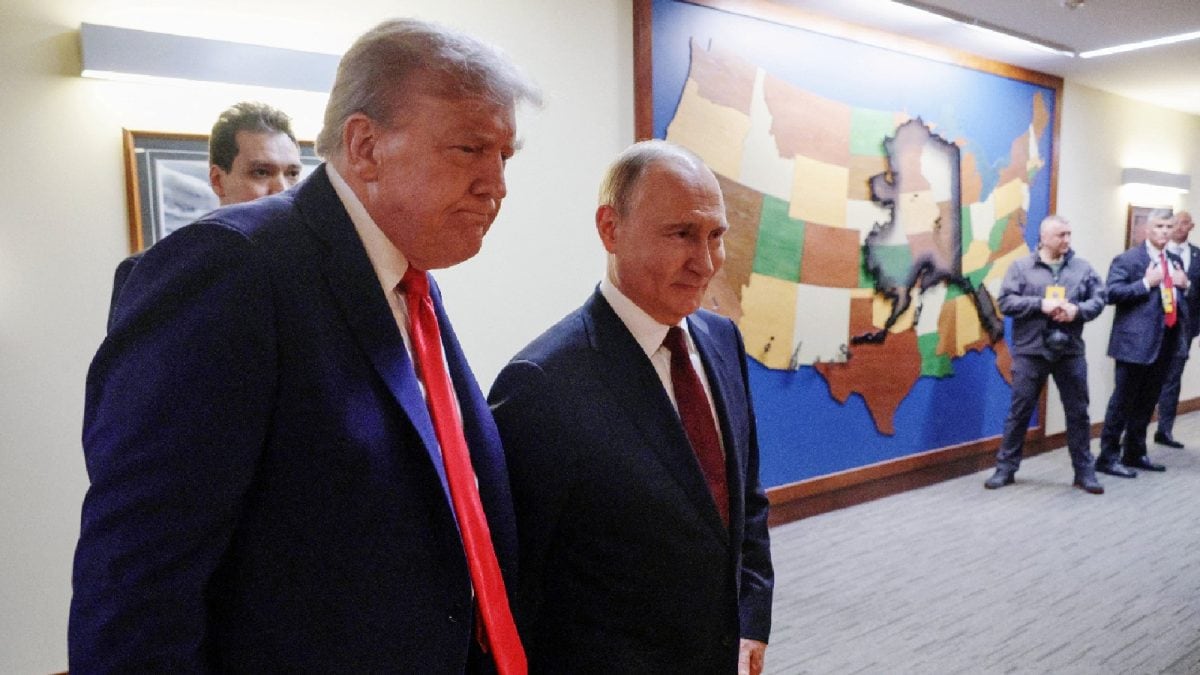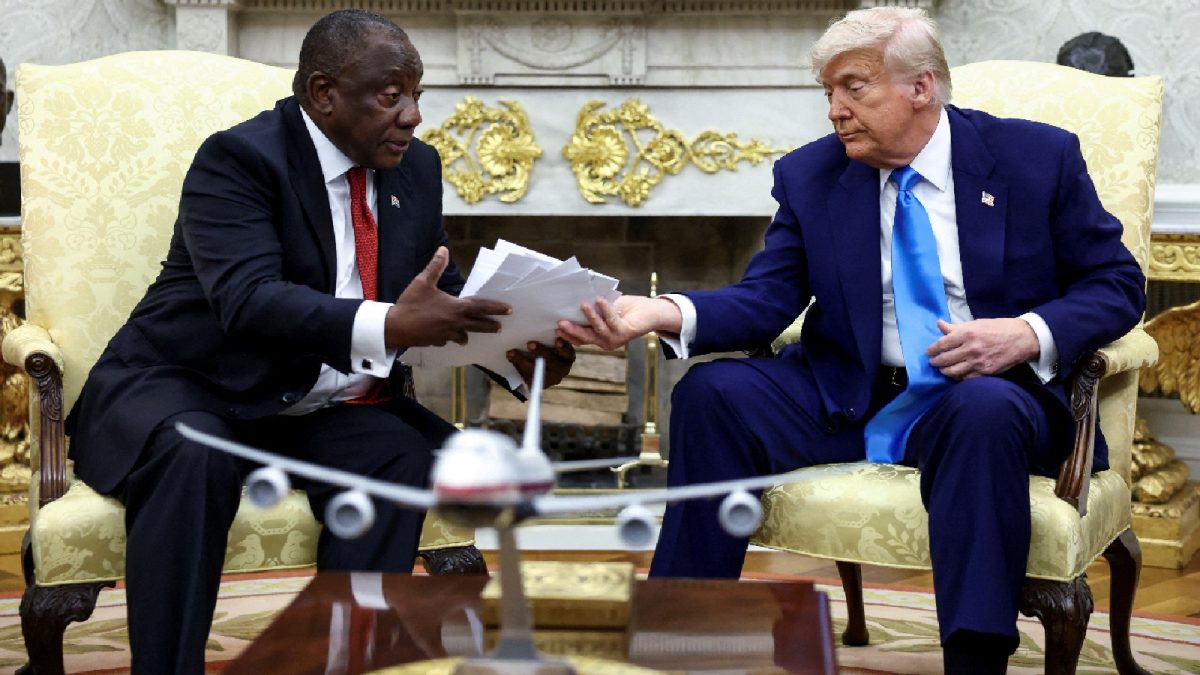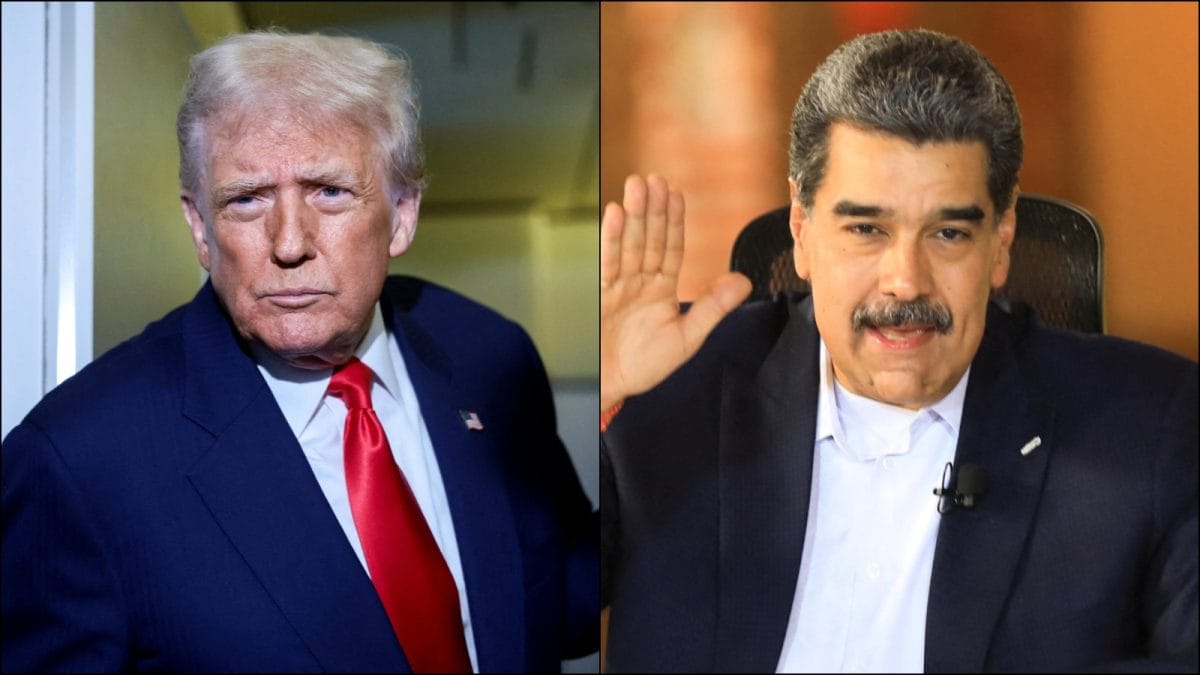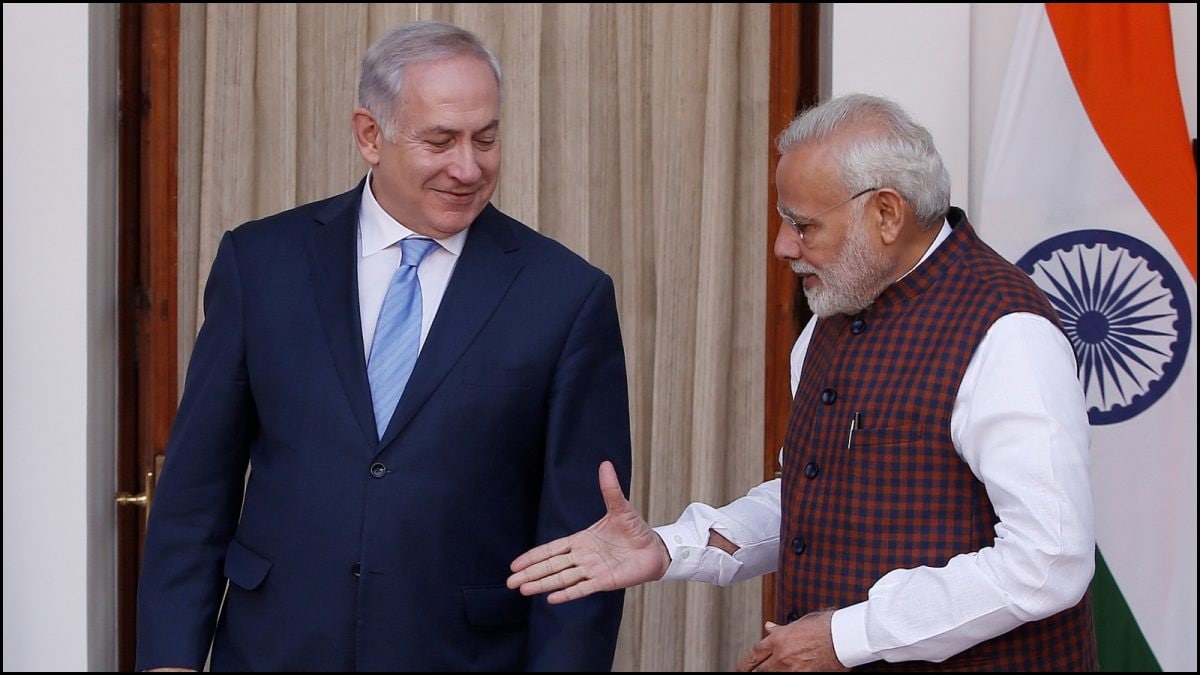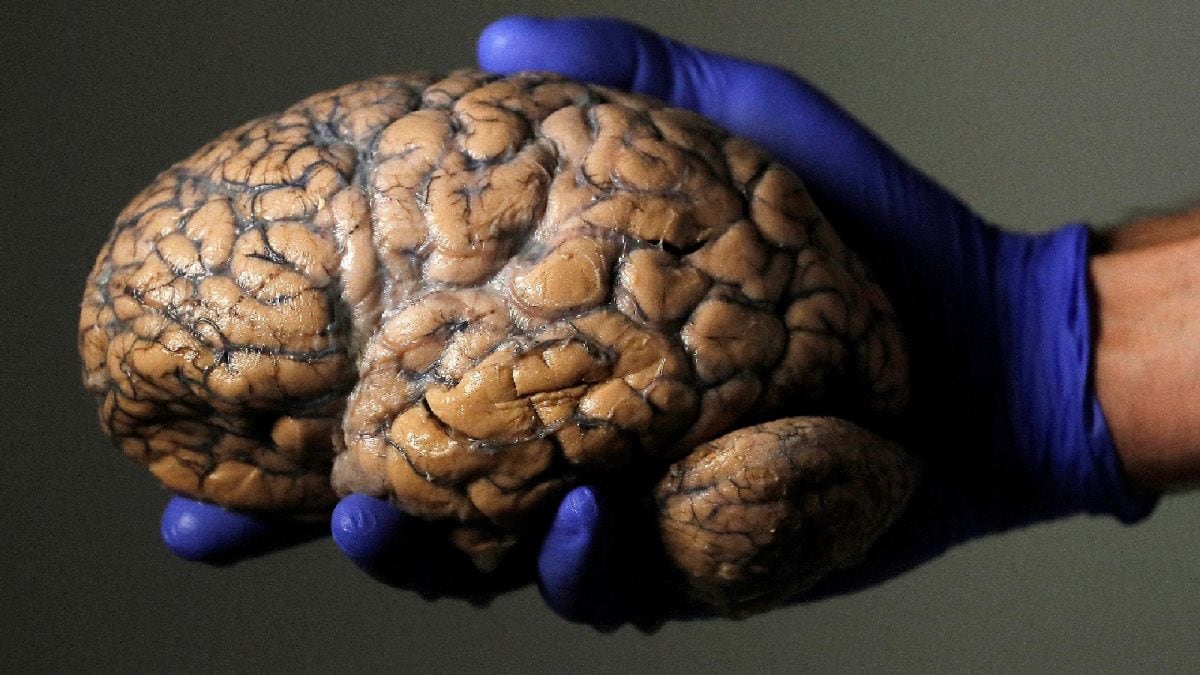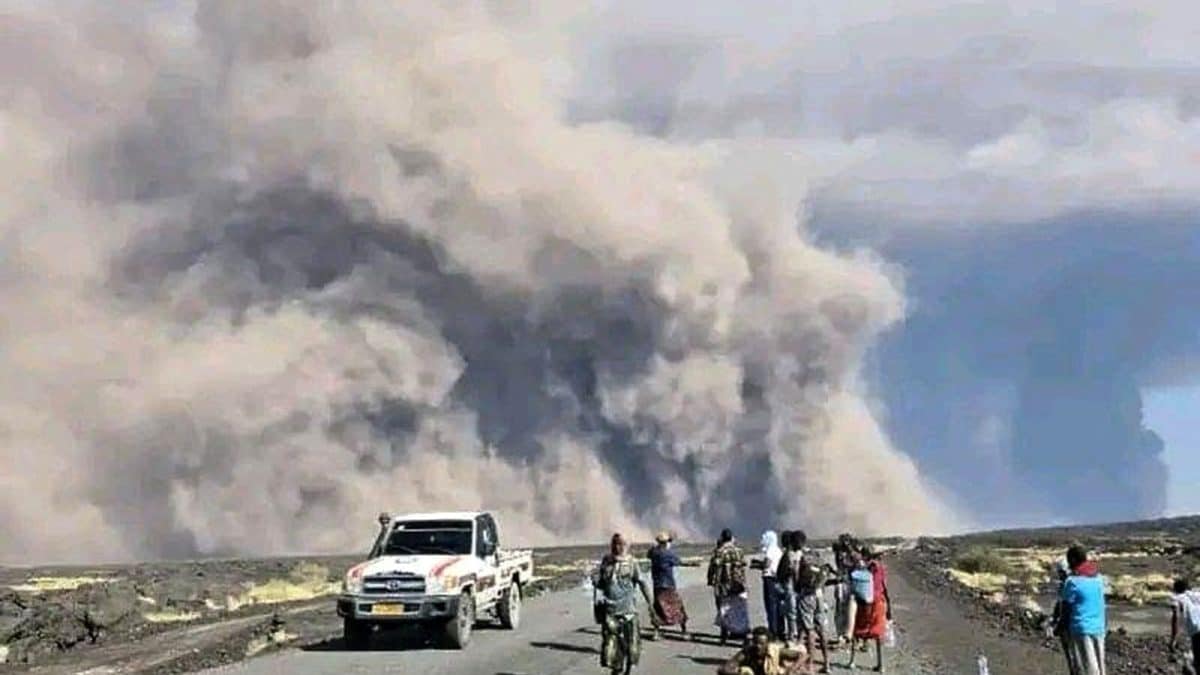Human Rights Watch (HRW) reported Yunus's interim administration in Bangladesh is "increasingly using the recently amended counterterrorism law" to round up alleged supporters of ousted prime minister Sheikh Hasina.

Bangladesh's Chief Adviser of the interim Government Muhammad Yunus. (Photo Reuters)
and domestic rights groups accused Muhammad Yunus-led Bangladesh's interim government of gagging dissent voices, particularly launching a crackdown on supporters of deposed prime minister Sheikh Hasina, according to news agency PTI.
According to Human Rights Watch (HRW), Yunus’s interim administration in Bangladesh is "increasingly using the recently amended counterterrorism law" to round up alleged supporters of ousted prime minister Sheikh Hasina. The arrests, the group said, target members of the now-banned Awami League, peaceful protesters, and journalists who dared to question authority.
"Bangladesh’s interim government led by Muhammad Yunus, a Nobel peace laureate, is increasingly using the recently amended counterterrorism law to arrest alleged supporters of the deposed Awami League government," HRW said. The organisation urged the United Nations’ human rights mission in Dhaka to "immediately seek the release of those arbitrarily detained."
After assuming office as Chief Adviser on August 8, 2024, three days after Sheikh Hasina’s ouster in the "July Uprising," Yunus disbanded the Awami League altogether. HRW called it "a draconian overreach under the amended Anti-Terrorism Act," effectively criminalising public speech or writing that supports the party.
Thousands have reportedly been arrested, "many on dubious murder allegations," while others languish in custody under anti-terrorism charges. HRW said several detainees have alleged mistreatment and denial of medical care.
ELDERLY WAR HEROES, JOURNALISTS DETAINED
Perhaps the most embarrassing episode for the government came on August 28, when police detained 16 participants -- including 1971 Liberation War veterans, journalists, academics, and retired bureaucrats -- during a peaceful discussion organised by Mancha 71, a forum celebrating Bangladesh’s independence, PTI reported.
One attendee reportedly called police seeking protection after pro-government disruptors entered the venue. Instead, "the police detained 16 participants in the event, some of them in their 70s and 80s," HRW said.
Initially, authorities told families the detainees were being held "for their safety" before charging them under the anti-terror law.
The same law, ironically, was introduced by Hasina’s Awami League in 2009 to prosecute Islamist militants, not elderly freedom fighters.
Yunus has dismissed accusations of gagging critics, saying there are "no restrictions on freedom of expression." Rights groups, however, suggest otherwise, accusing the government of "failing to contain conservative religious groups" that have attacked women’s rights activists and alleged Awami League supporters.
According to the Bangladesh Human Rights Support Society (HRSS), the first nine months of 2025 have seen "an alarming deterioration" in the human rights situation. The group documented 239 incidents of mob violence resulting in 130 deaths, 61 custodial deaths "under questionable circumstances," and 340 cases of journalist harassment, including two killings.
At least 152 people were lynched in mob attacks, according to Ain o Salish Kendra (ASK), another rights group. Meanwhile, minorities have suffered 22 targeted attacks involving the vandalism of temples, homes, and Sufi shrines.
- Ends
With inouts from agencies
Published By:
Satyam Singh
Published On:
Oct 10, 2025

 1 month ago
1 month ago



